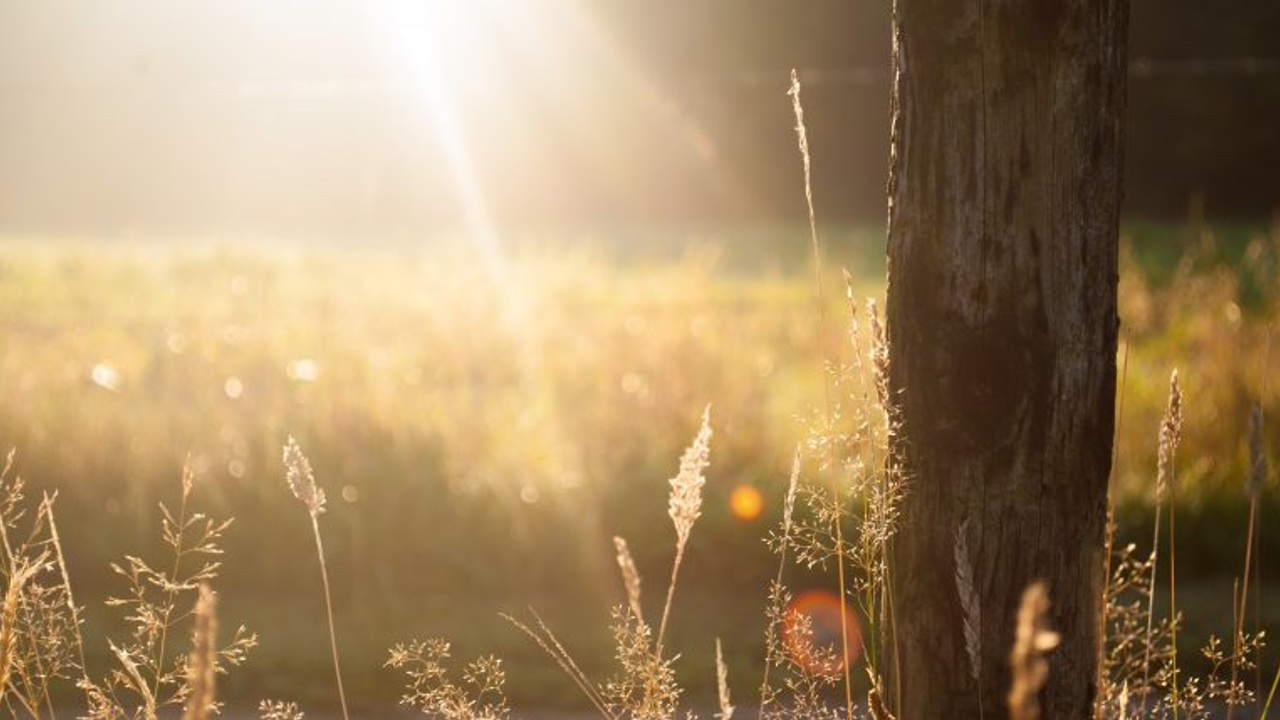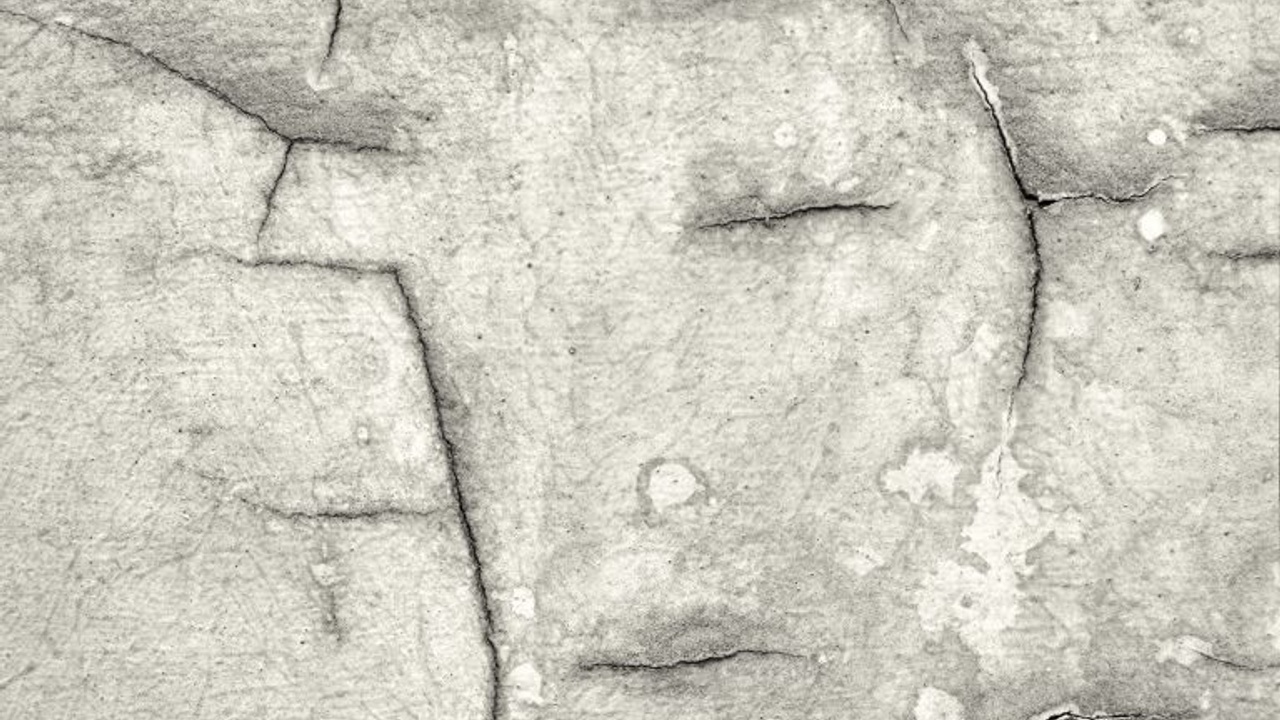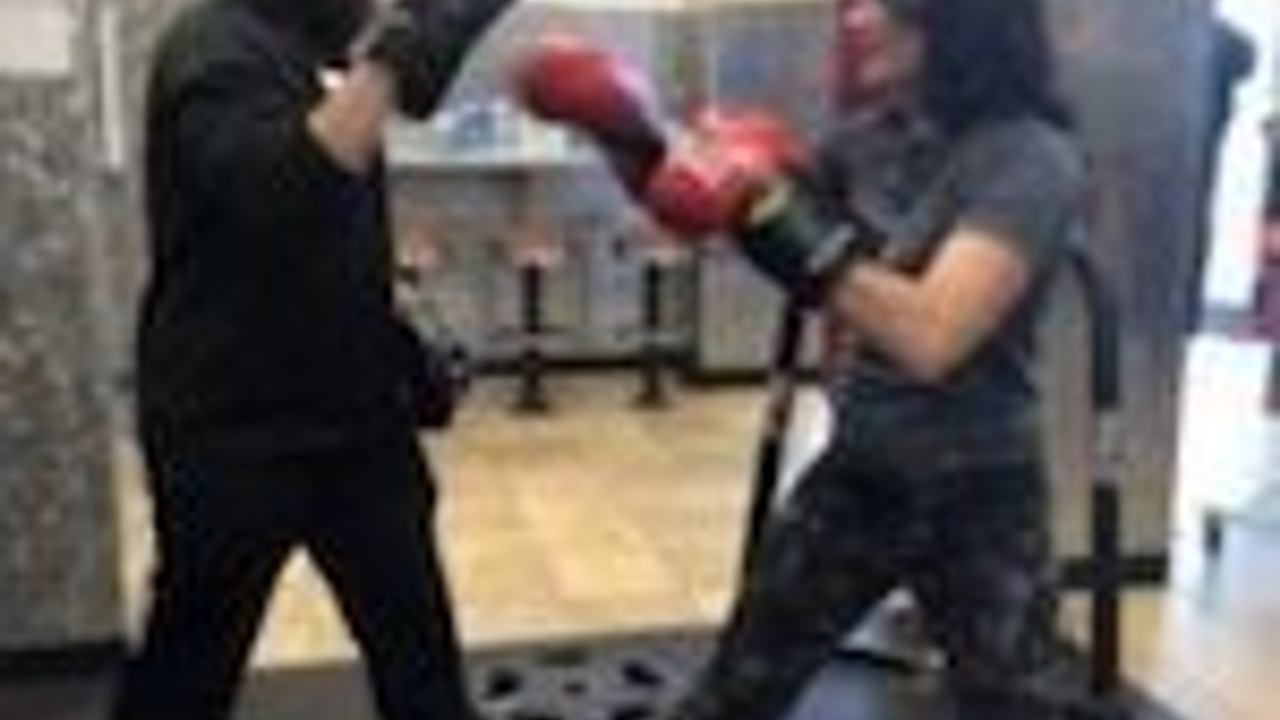Not Black. Not White. Just Gray.

It’s a peculiar time. The pandemic, while still real, no longer poses a crisis situation for most of us. By no means is this true for everyone; cancer patients, their families, and caregivers continue to be at serious risk. It’s just that the hysteria surrounding COVID-19 in earlier months has waned as the world now tries to live with a virus that isn’t going away anytime soon. It isn’t new. It isn’t old. It’s just our new reality.
Let’s call this in-between place the gray zone. I wrote about my own experience learning to accept gray earlier this year in The Reality of Grief. One of my all-time favorite writers, Abigail Thomas, who taught writing workshops for cancer patients after her daughter’s diagnosis, puts it this way in her book What Comes Next and How to Like It: “Part of what I’ve learned is that if it isn’t life and death, it isn’t life and death. I know now that cancer is not an isolated...
Choose the Sun, Not the Surrounding Storm

The sun shines nearly every day in Denver. It’s what drew me here 13 years ago after losing my first husband, Brett, to brain cancer when our twins, Rebecca and Casey, weren’t even 3 years old. I needed the sunshine to heal then—and I need it now. The sun is more powerful than cancer, and I have to believe that it’s more powerful than COVID-19, which has thrown the entire world into crisis.
For cancer patients, in particular, the pandemic has created another level of disruption. Weakened immunity puts patients at greater risk, and hospitals are so bogged down by COVID-19 that sometimes treatment must be delayed in order to minimize risk of infection. That’s not all. Because COVID-19 is highly contagious, most caregivers can no longer accompany loved ones to the hospital. The changing landscape is full of unknowns, making everyone feel upside down.
This is the first in a series of new columns about resilience, an area I’m passionate about and grew...
Holding Joy and Pain Together

Life really is both sides now. It is happiness and sorrow, love and loss, triumph and setbacks all at once.
I learned this lesson as a longtime cancer caregiver where every day was like being in the already and not yet, somewhere in-between remission and recurrence. Any moment can move us from one side to the other.
May 21, 2001, began as the most joyous day of my life. That’s the day I became a mother. I had twins, a daughter we named Rebecca, and a son, Casey. More than anything, Brett and I hoped that the trauma of his cancer diagnosis and treatmentwould remain in the past. Not even the twins’ premature birth could dampen the excitement we felt for the future.
Later that day, Brett and I napped together in my twin hospital bed. We were in a groggy stupor when his cell phone rang.
“Hi, Dr. Balmaceda,” Brett said, as if he’d been struck by lightning.
He was silent. Dr. Balmaceda, his neuro-oncologist, had news...
The Strength of Surrender

The days begin on a bad note. I’m annoyed by all matter of people and things: my son for stomping around the kitchen late at night and leaving a mess of pots in the sink; the clean laundry that sits in a towering heap waiting to be folded; and the public speaking career I’ve worked so hard to build that has essentially gone kaput thanks to COVID.
Why does everything feel so hard?
I’m asking because everywhere I turn, people are tapped out. Done. Exhausted. Fed up.
When will the pandemic end? And, will it end?
It would be great if we had some kind of roadmap for these unprecedented times, but this is a once-in-a-century event according to some estimates. No, the pandemic playbook is being written in real time, and, much as the world would like to move on, we are nowhere near done grappling with COVID and its life and death consequences.
Like cancer, this is a bitter pill to swallow. Like cancer, we have to accept the unimaginable and...
Know Your Strength

I've taken up boxing. This is me practicing my jab.
Let me be clear about something. In no way do I have any intention of fighting for real. I took up boxing for three reasons:
1) because it's a heck of a workout and I tend to shy away from intense cardio activity
2) because it challenges and balances my brain, and
3) because it pushes me to be my strongest, most capable, resilient self.
You might actually see me laughing during these workouts -- at myself and my own clumsiness and poor coordination. Even so, I take these workouts seriously and appreciate the lessons borne from trying something new that pushes me way beyond my comfort zone physically and mentally.
There is no straight line to a strong self. There is only the persistent work of showing up and being resilient.
Take time to summon your strength every day and especially during periods of stress.
What you do doesn't matter so much as what you think....
Thank you...Challenges

I know what you're thinking. Yeah, right. Who, after all, is grateful for challenges and welcomes adversity?
Some people are luckier than others, that's a fact. But at one point or another, most of us will be felled by a challenge so crippling it hurls us to our knees. A health crisis. A personal loss. A business setback. A moment of clarity when we realize we aren't where we wanted to be. It doesn't take much.
While the challenges themselves feel significant, what matters more is how we respond to such disruptive circumstances. In other words, we needn't be paralyzed. We might feel that way, but feelings aren't facts. And we have more power than we realize at even the hardest moments. We do.
Here are three things you can do to build your resilience when faced with challenges:
1. Think of another time when you were confronted with an obstacle that felt insurmountable. How did you...
Sometimes Resilience Means Enough Words

When was the last time you chose silence over chatter?
Maybe an object of beauty rendered you beyond words, or a silly argument, or even just the nonstop press of life.
A friend shared her own story of resilience and "enough words" during a car ride with her teenage son. From the sound of it, he was being a typical teenager, asking for a pricey getaway to see his favorite team when his parents had just purchased expensive tickets for him to see the team in their hometown. "He acted so ungratefully," my friend said, that I just told him, "I don't know how to respond to you at this moment so I'm just going to be quiet."
That took courage. And the kind of reasoned decision making that is attainable only when we allow ourselves to say, "enough talking." Sometimes we're so quick to react with words that without meaning to, we create full-blown arguments. I'm certainly guilty of this.
Reasoned decision making is one of the four pillars of resilience I teach...

